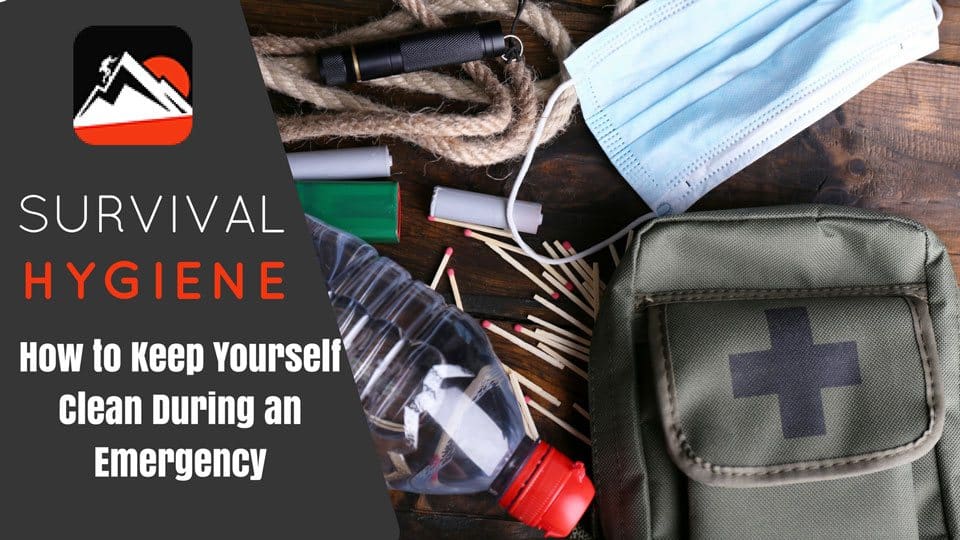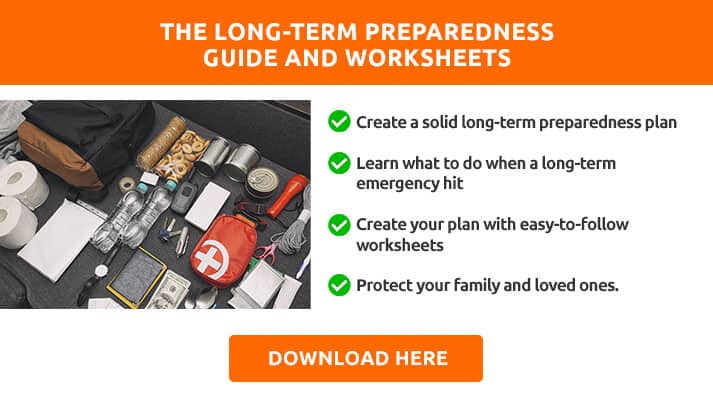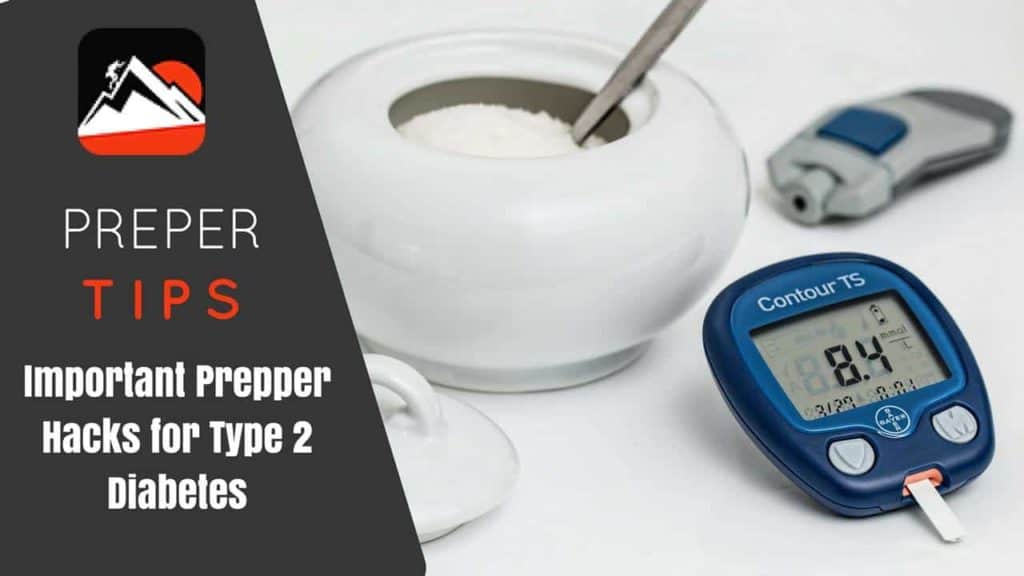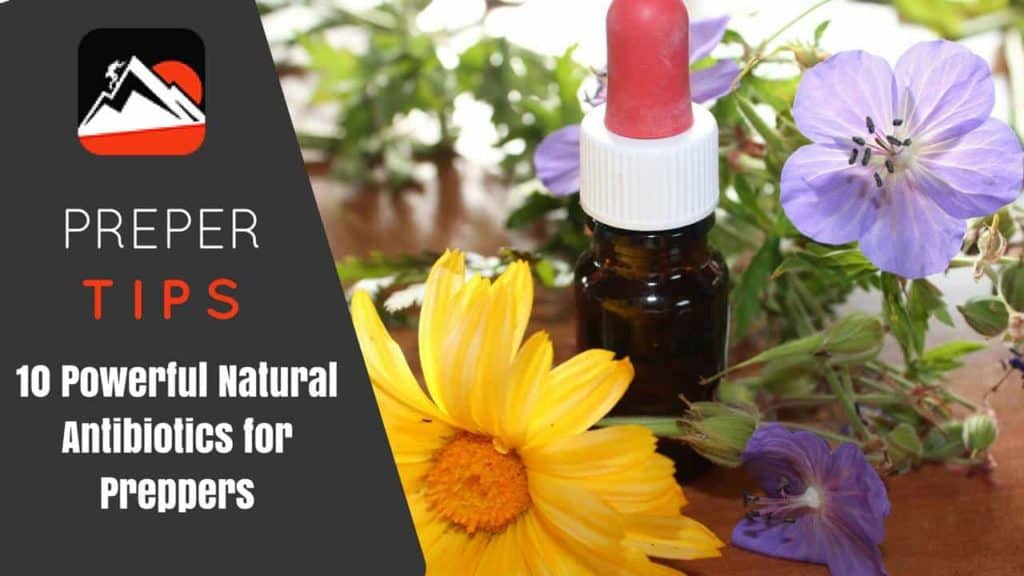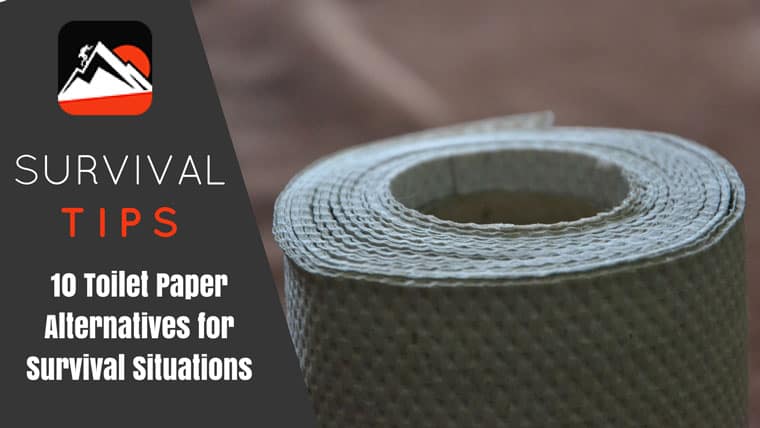Contents
In an emergency, there will be chaos. With everything turning topsy-turvy, and you are looking to survive the disaster (man-made or natural), personal hygiene will be the last thing on your mind. However, it is something you cannot ignore, especially in a disaster situation. In fact, staying healthy should be a priority and this will be possible if you maintain suitable hygiene.
Prevention is Better than the Cure
You will no longer have the luxury of getting into a car and driving to your doctor or a hospital; and when you are stressed and in distress, your immunity will be low. This will make it easy for you to contract infections and diseases. However, if you maintain a decent hygiene in an emergency, you can avert health issues and focus on surviving.
Prevention is the key to making it through a disaster. When people stay in camps, unsanitary conditions can result in infectious disease. Survival experts state that two of the leading causes of death in a survival situation are infections and disease, and both are connected to personal hygiene. Hence, cleanliness should be a priority as it is vital to your survival.
Water is vital for a fantastic hygiene. However, be careful of the water source. If the water has a bad odor or tastes off, it could be contaminated with pathogens that can cause cholera, dysentery, hepatitis, and typhoid. FEMA recommends boiling or chlorinating water to kill microorganisms. This pure water can be then used for personal hygiene, food preparation, and drinking purposes.
While taking a warm shower or bath may be out of the question in an emergency as clean running water will not be available, there are so many other ways to maintain cleanliness and ensure you don’t fall victim to infections and diseases.
You might also find interesting our article about toilet paper alternatives in emergencies.
Don’t Ignore Hand Washing

Don’t underestimate the importance of keeping your hands clean in an emergency situation. Clean hands prevent the spread of germs and other infectious pathogens. One of the main concerns during an emergency, when you are bugging out is contracting cholera.
Cholera is a highly infectious disease that results in severe diarrhea that causes dehydration. If the affected person is not rehydrated, the person dies. The main cause of cholera is a bacterium – Vibrio cholera – that enters drinking water and food due to contamination by sewage. So if you don’t wash your hands after going to the toilet or if your latrine is close to your bug out shelter, sewage can contaminate your water and food, resulting in cholera.
Hand washing is one of the best ways to prevent cholera and other infectious diseases. However, in an emergency, you may not have access to tap water and if you do, the water may not be safe. Thankfully, you can use the following steps to ensure you always keep your hands clean even if the water source is questionable.
- Collect water upstream to ensure it is not contaminated by sewage or filth from your campsite or bug out shelter
- Boil the water for about 20 minutes to disinfect it
- Store water in a clean and closed container
- Wet both hands and vigorously lather soap
- Rub the palms together, scrub the back of your hands and clean under your nails and between your fingers
- Continue scrubbing for 20 seconds
- Rinse hands thoroughly to get rid of the soap
- Dry your hands with a clean towel. If you don’t have a towel, let your hands air dry, but be careful not to touch any surface
Create a washing station using a large container with a faucet. Make sure it is always filled with boiled water. Keep a basin under the faucet to collect the water. This water can be recycled to wash feet or anything else that does not require thorough cleaning. Just make sure to wash your hands again afterwards.
Hand Sanitizers are Ineffective
Do not rely on hand sanitizers to disinfect and clean your hands. They will prove to be ineffective if your hands are visibly dirty. This is even true for hand sanitizers that contain alcohol. They may get rid of a few germs, but not all.
So make it a point that everyone in your camp regularly and washes their hands. Educating people why good hygiene is important during an emergency is the key to creating awareness. If you have kids, make sure a responsible adult supervises their hand washing.
When is Hand Washing Important?
During an emergency, you will have to handle different things. In certain instances, hand washing may not be necessary. However, under the following circumstances, you should look to wash hands using soap and water:
- Before and after taking care of a sick person
- Before and after caring for a wound
- Before and during food preparation
- Before eating food
- After using the toilet
- After disposing of human or pet waste, garbage, or other soiled materials
- After coughing, sneezing, or blowing your nose
Bathing in an Emergency Situation
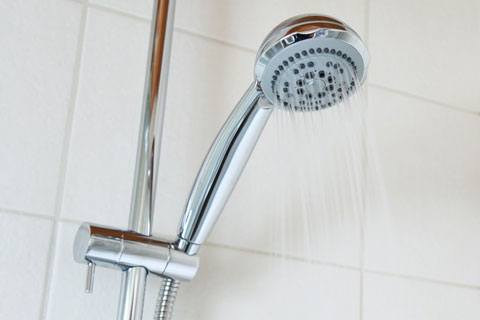
In a disaster, it is critical you try to maintain the usual routine that you used to have. Bathing is one of them, and it helps prevent diseases and parasites. It can also help you smell better which can lift your morale and assist you in maintaining your happiness. Keeping clean while surviving can help you keep your humanity and even sanity. All this can prove to you that you can survive out in the wild and still maintain a decent quality of life.
Make sure you bathe with clean and safe water. So, you may need to boil and disinfect water before you actually take a bath. Create a special area in the outskirts of your camp where people can bathe. Make sure it away from the water source.
When you have a water source, you may not have to skimp on water. However, if there is scarcity of water, ration out water. You can also encourage people to have an air bath. Here, the person removes as much clothing as possible and sits or stands without them out in the open for at least an hour.
[embedyt] https://www.youtube.com/watch?v=VmcWBhiK424[/embedyt]
Teeth Brushing
You should brush your teeth just with clean water. You should be looking to brush your teeth at least once a day, if not twice a day. In case you don’t have a toothbrush, don’t neglect oral hygiene. Create a chewing stick by taking a small, clean stick. Chew one end of the stick to separate the fibers. You can use it as a makeshift toothbrush to clean your teeth. You can use salt, sand, or baking soda to get rid of plaque.
Always use clean, safe water to rinse your mouth after brushing or to remove food particles. If you don’t have access to water, tie a clean piece of cloth on your index finger and use it to rub your teeth clean. Discard the cloth after use.
Keeping Clothes Clean
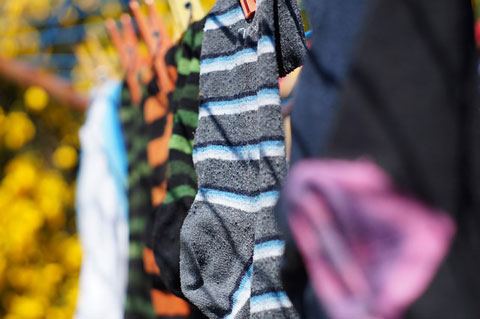
A part of strong hygiene during a bug out situation is keeping clothes clean. Dirty clothes harbor pathogens, which can result in lice or skin infections. Wash your clothes using soap and water and dry on branches. If you do not have water, keep the clothes in the sun for about two hours.
Practice this even for your bedding. Make sure you air them out in the sun for about two hours every day to kill germs and eliminate parasites. Ultraviolet rays from the sun are excellent for this. If you are in an area that receives plenty of sunlight and certainly if the season is the summer, these rays will easily kill germs and viruses for you.
Wound Care
Wound care also is a strategic aspect of a fantastic hygiene. Use clean water and antiseptic to wash cuts and wounds. This will prevent them from getting infected. If a wound gets infected, it means that the person’s personal hygiene is suspect.
Hair Care
Dirty and unwashed hair can offer refuge to bacteria, lice, and fleas. Hence, keeping hair clean is imperative during a disaster. Always comb your hair. If it is long, tie it up in a ponytail. Wash your hair regularly with clean, safe water, and trim it. This will keep bacteria and parasites at bay.
The Bottom Line
It is difficult to think about hygiene when the SHTF. However, marvelous personal hygiene is the key to your survival. So make it a priority, even when the going is tough. You will not succumb to cholera and other infections that can occur due to poor hygiene and sanitation.

